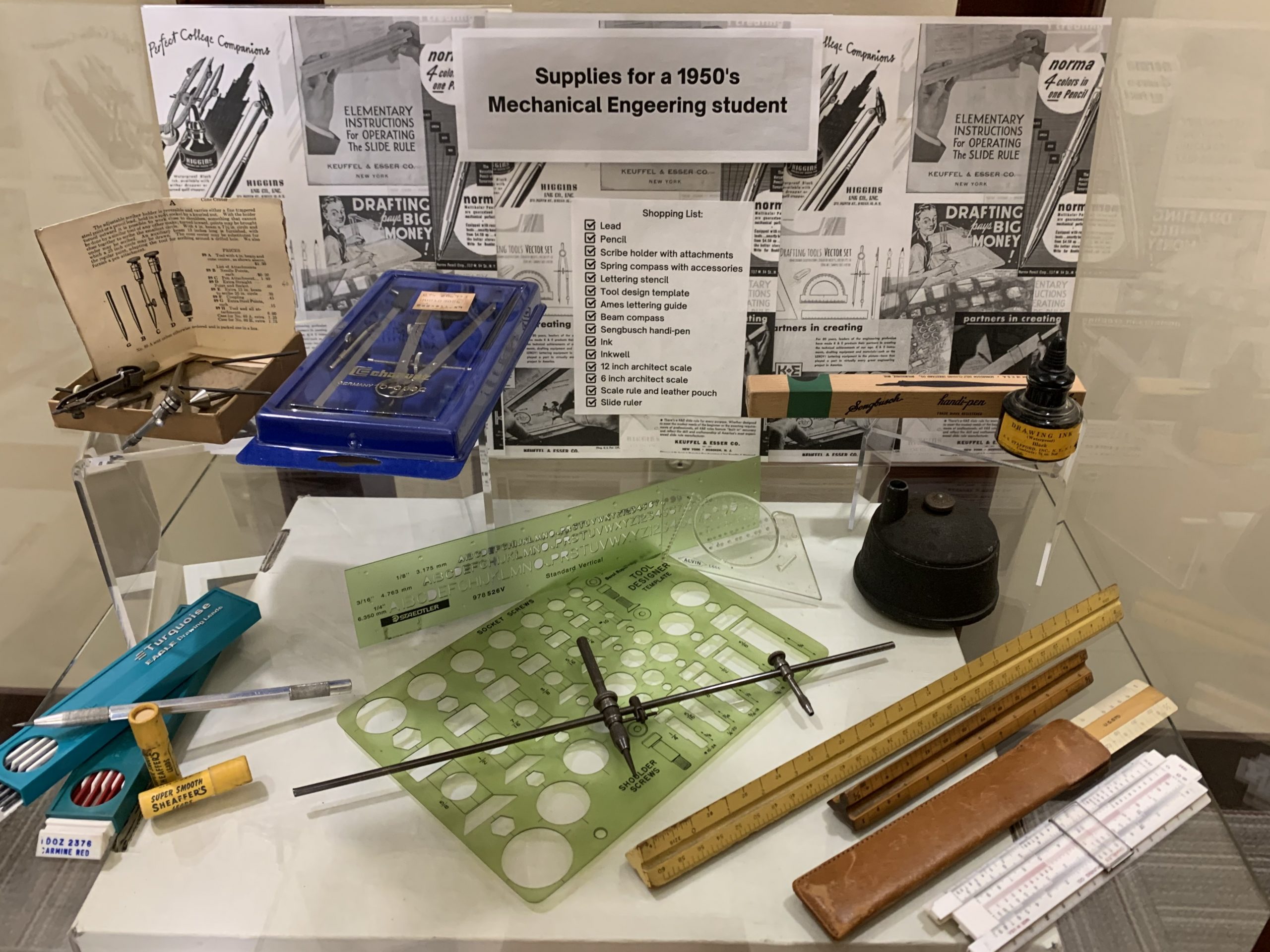UC DATA Day, scheduled for Tuesday, April 12 from 9 a.m. to 3:30 p.m., will explore the theme of bias, miscommunication and equity in data with online power sessions, panel discussions and a keynote address by Monica Stephens, PhD, assistant professor in the Department of Geography at Durham University in Durham, England.
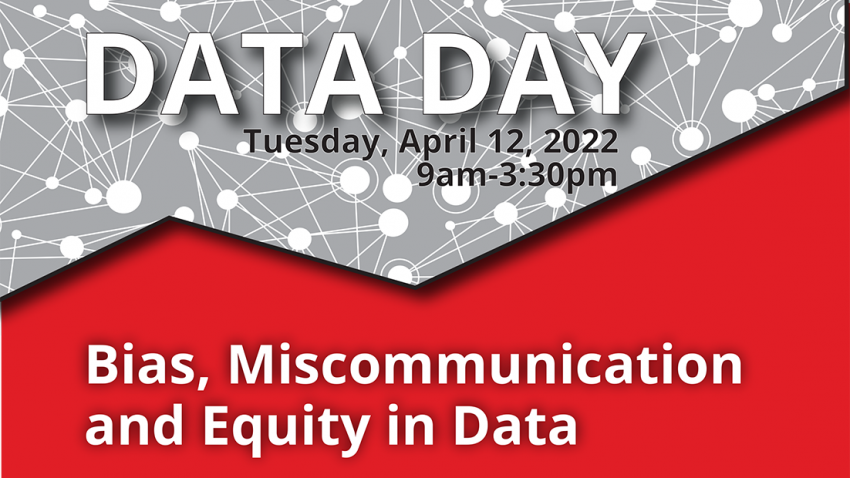
More information about DATA Day, along with a link for registration, is available on the DATA Day website. UC DATA Day is free and open to all to attend.
Researchers producing and using data face similar but unique, challenges in data management, data sharing, reproducible research and preservation. Researchers have a tremendous responsibility to ensure that the data they produce and share is equitable as it impacts individuals and communities the world over. When data is collected and shared incorrectly, it can advance inequities, bias and even violence. Researchers must be aware of methods to mitigate these and how to generate data that is free of bias, is equitable and inclusive to avoid any miscommunication and/or ambiguity regarding their data. DATA Day 2022 highlights these challenges and showcases solutions and opportunities in which we can re-examine data through an equity lens.
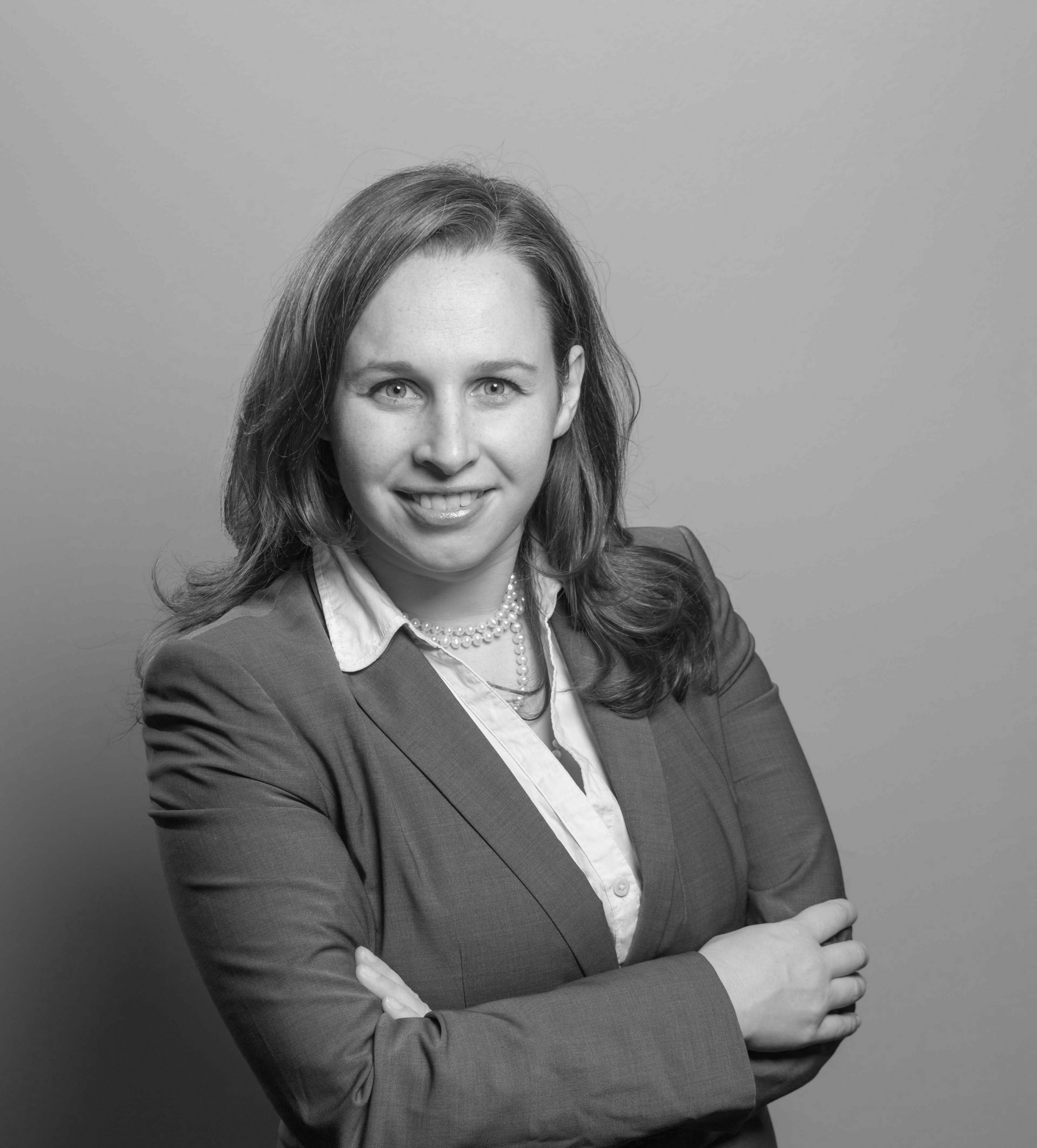
Monica Stephens obtained her doctoral degree from the University of Arizona in 2012 and worked at the University at Buffalo (SUNY), as well as Humboldt State University (California). Her research mines social media to trace inequalities across gender, race, and economic status. Her book, “Misinformation in the Digital Age: An American Infodemic” is due out this year. In addition to academic articles, her work on social media has appeared in popular outlets including Wired Magazine, The New York Times, The Guardian, the Washington Post, and BBC World Service.
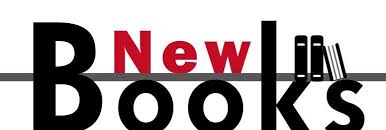 Check out the new science books that have been added to the Geology-Math-Physics Library. There are 13 American Mathematical Society ebooks in the list.
Check out the new science books that have been added to the Geology-Math-Physics Library. There are 13 American Mathematical Society ebooks in the list.
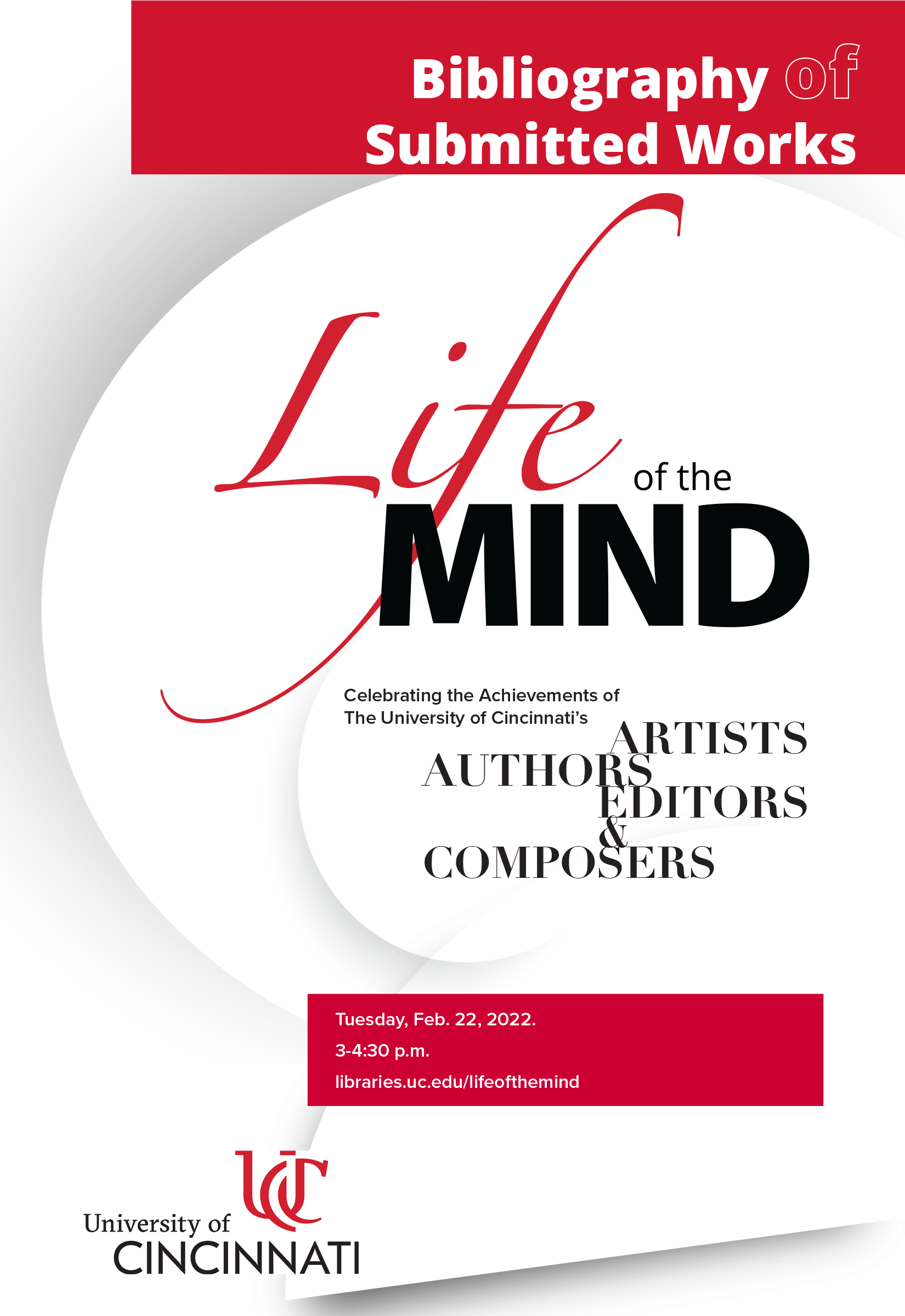 The Life of the Mind lecture series has merged with the former Authors, Editors & Composers to create one event that celebrates the achievements of UC’s Artists, Authors, Editors & Composers.
The Life of the Mind lecture series has merged with the former Authors, Editors & Composers to create one event that celebrates the achievements of UC’s Artists, Authors, Editors & Composers.

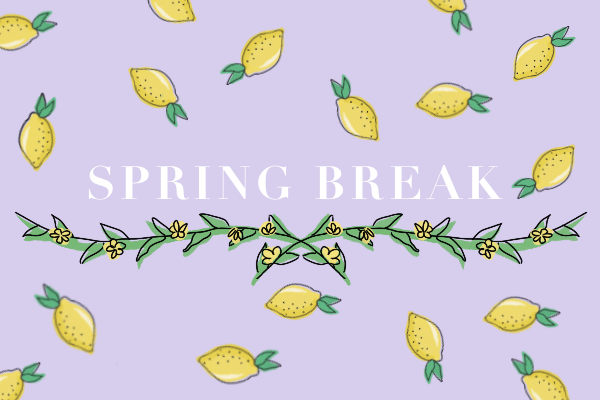 Most University of Cincinnati Libraries locations have reduced hours for Spring Break, March 12-20. Check the library website for a list of
Most University of Cincinnati Libraries locations have reduced hours for Spring Break, March 12-20. Check the library website for a list of 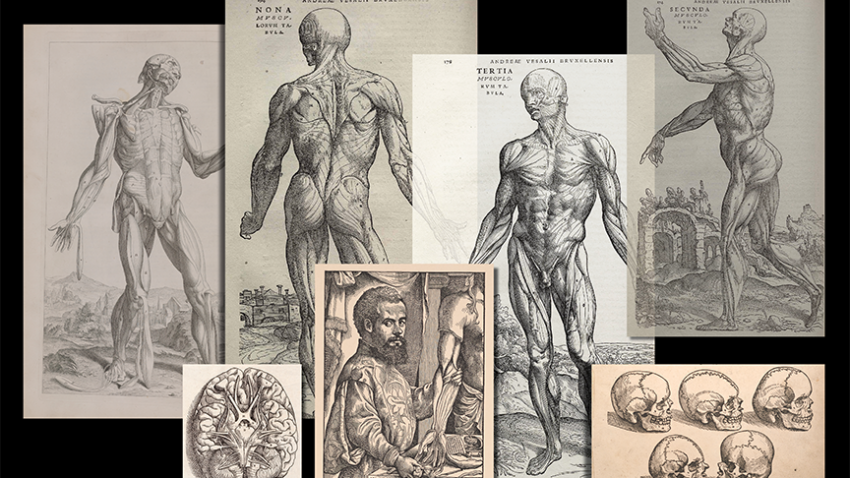 On Tuesday, March 15, 2022, at 5:30 p.m., Bruce Giffin and Cynthia Klestinec will present, “Innovative Teaching of Human Anatomy beginning in the 1500s and Vesalius.”
On Tuesday, March 15, 2022, at 5:30 p.m., Bruce Giffin and Cynthia Klestinec will present, “Innovative Teaching of Human Anatomy beginning in the 1500s and Vesalius.”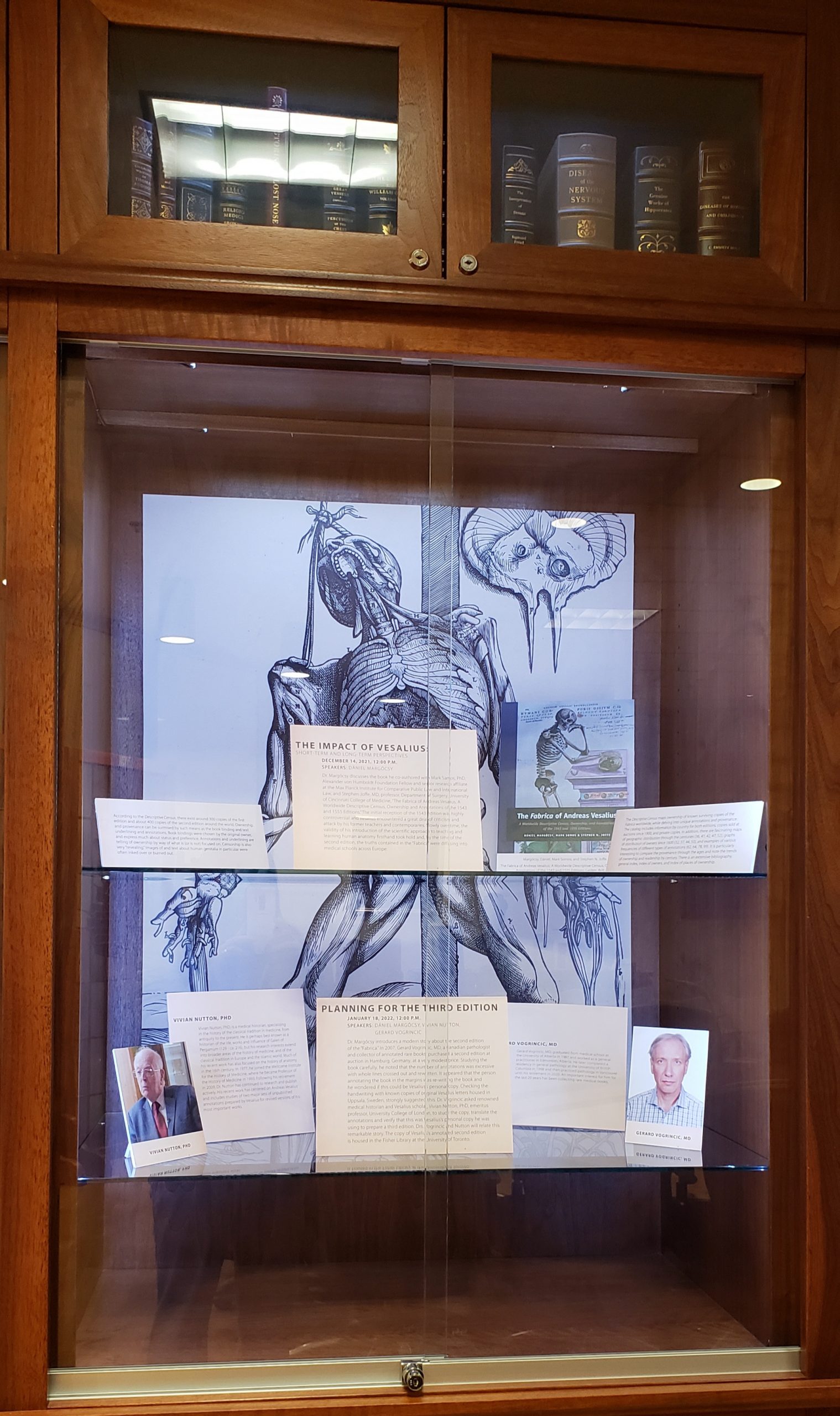 Following the lecture will be a reception held in front of the Henry R. Winkler Center for the History of the Health Professions (next to Kresge Auditorium). Exhibits showcasing the life and work of Andreas Vesalius will be available for viewing in both the Donald C. Harrison Health Sciences Library and the Winkler Center’s Stanley J. Lucas Board Room.
Following the lecture will be a reception held in front of the Henry R. Winkler Center for the History of the Health Professions (next to Kresge Auditorium). Exhibits showcasing the life and work of Andreas Vesalius will be available for viewing in both the Donald C. Harrison Health Sciences Library and the Winkler Center’s Stanley J. Lucas Board Room.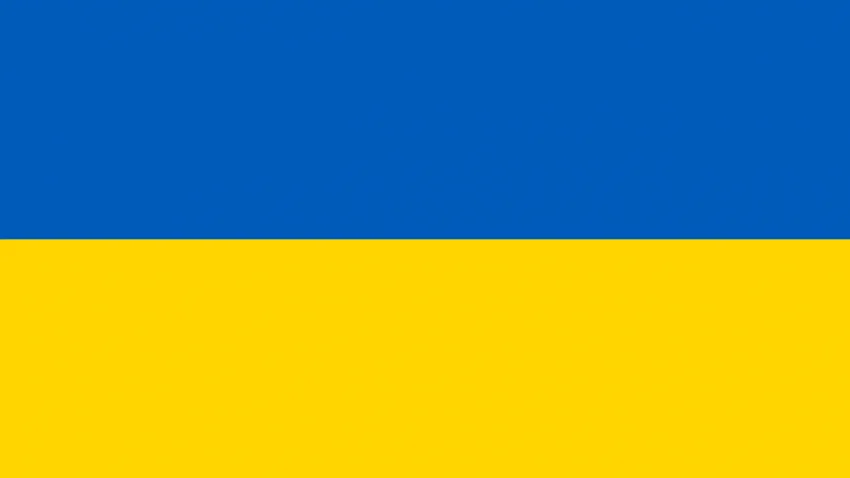 Looking for resources about the present crisis in Ukraine? The University of Cincinnati Libraries can help. Librarians have created a Research Guide that includes library resources, including books, journal articles, news reports and more.
Looking for resources about the present crisis in Ukraine? The University of Cincinnati Libraries can help. Librarians have created a Research Guide that includes library resources, including books, journal articles, news reports and more.